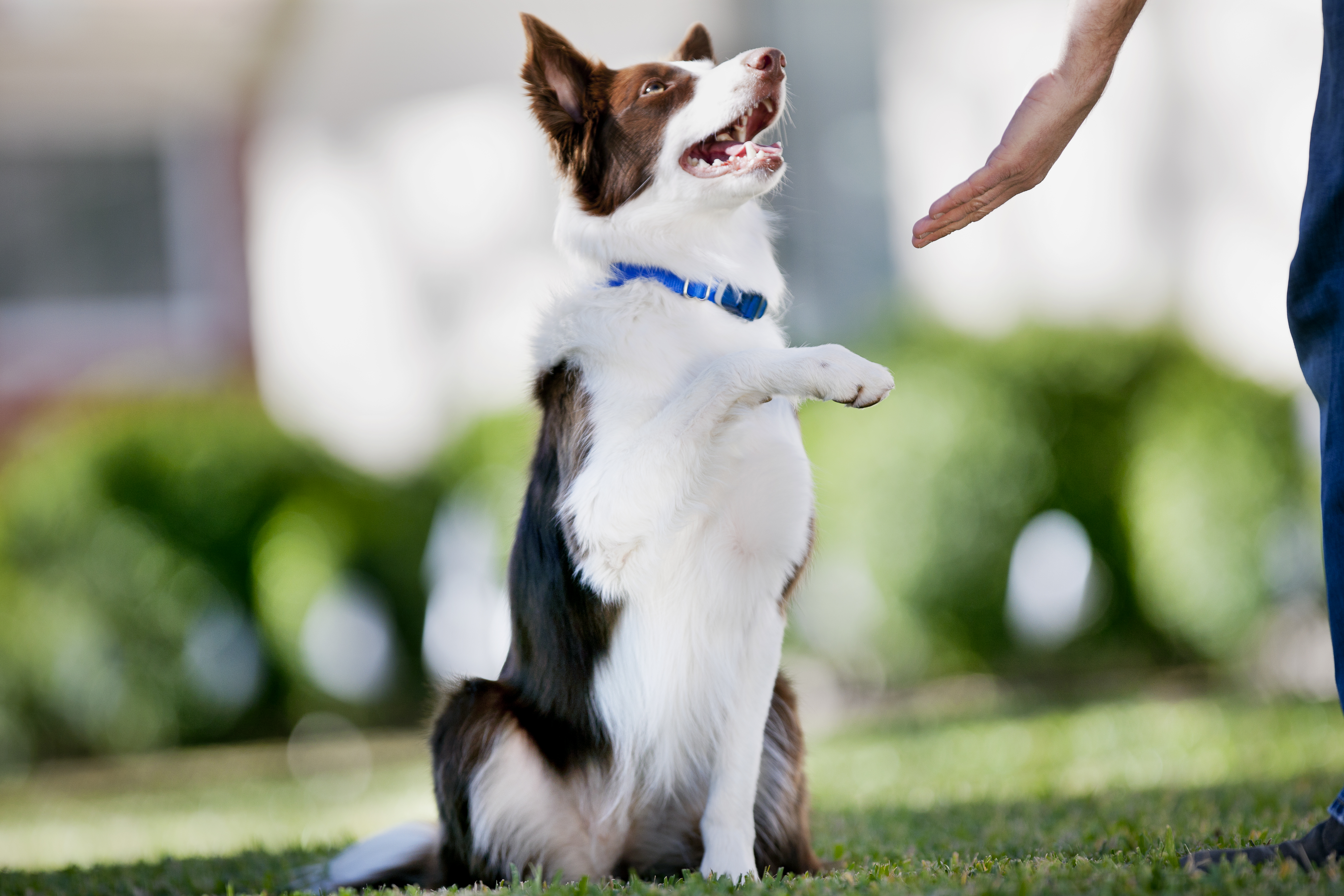Dec
13
2024
How Can I Develop My Dog’s Brain?
By
Invisible Fence® Pet Lifestyle Advisors
on
12-13-2024
When most pet parents think about the development of their dog‘s brain, their thoughts immediately go to training.
Potty training, basic commands, where to sleep, what’s off limits in the home and yard… These are what we often consider the essential aspects of dog brain development. But there are many other facets of dog brain development that are not related to obedience, and they all have an impact on how your dog becomes a happier, healthier pet.
Here are our top tips for healthy brain development!
- New tricks are always a good idea. Just like humans, dogs need challenges and engagement to learn and grow. Working with your dog on new tricks helps them become more accomplished, and it brings you closer to one another.
- Rotate old toys out and new ones in. Variety stimulates your dog’s brain just as it stimulates a human brain, so try keeping the toy supply fresh. Give toys names that your dog can understand, and use them to guide your dog’s choices of what to play with.
- Do errands together. Just being with your dog to navigate everyday life enables them to see how you react to unexpected events like changes in the weather, loud noises, new faces, and other changes in the environment. It’s shared time that can help your dog grow more experienced. For example, taking the trash to the curb may be boring for you, but for your dog it’s a blend of new experiences involving sights, sounds, smells, and people.
- Keep socializing. Meeting new people of all shapes, sizes, and colors improves your dog’s people skills. That includes people who wear hats, sunglasses, uniforms, and anything that changes their outward appearance. Learning to be around other people comfortably is as important as learning how to be alone.
- Nutrition counts. Both aging dogs and younger dogs experience changes in brain chemistry. For older dogs, look for dog food that includes medium chain triglycerides (MCTs), which are good for aging brain cells. Research has shown that younger dogs benefit from DHA, part of Omega-3 fatty acids, for memory and learning functions.


